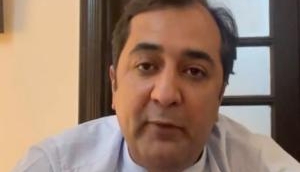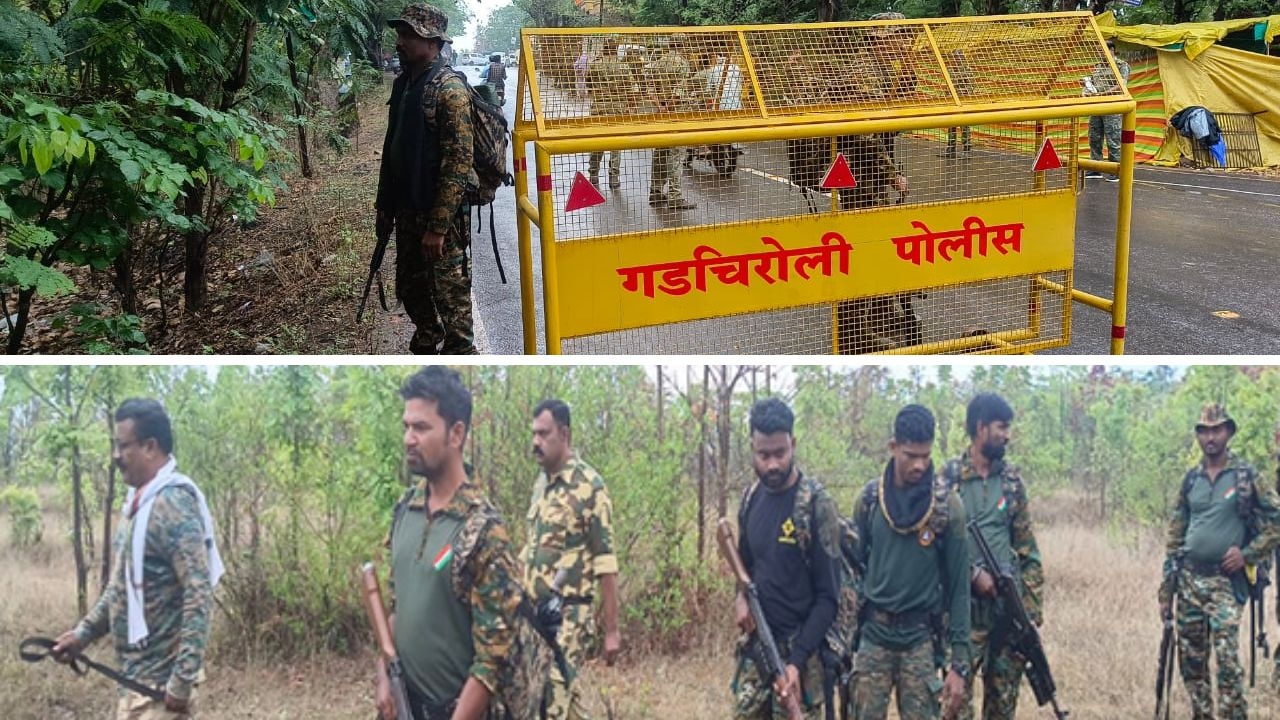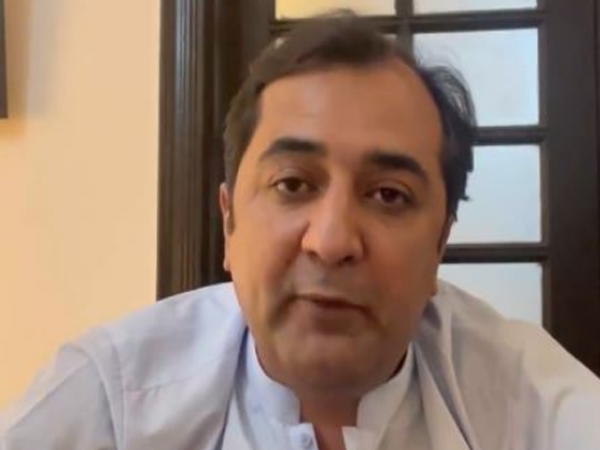Why is Pakistan rejecting perishable goods from India?
_83905_730x419-m.jpg)
Call it the quarantine problem or Pakistani policy, the supply of perishable items, mainly tomatoes and vegetables to the neighbouring country from the Attari-Wagah border has taken a big hit over the last few months. Experts say that this has become a norm with the Pakistani authorities often refusing to accept the supplies from the Indian side.
The reasons behind this could be political like hostilities flaring up between India and Pakistan or they could be purely economical like domestic produce going up and there being no need to import these items or still further if they manage to get these perishable goods at a cheaper rate from other countries. With multilateral trade encouraged under the World Trade Organization (WTO) norms, there is precious little that can be done.
Reports say that vegetables, soyabean, poultry and tomatoes going over from the Indian side are subjected to stringent checks and rejected by the Pakistani side in the name of quarantine. These quarantine inspections are done to ensure that the imported perishable commodities do not carry any infection that can have a damaging impact on the importer's ecosystem.
The result is that the supplies have come down from around 250 trucks daily to less than a 100 trucks. The Pakistani authorities are however allowing smooth transportation of cotton for the time being. The stakeholders on the Indian side point out that there has been no reason specified by the Pakistani side on not allowing the commodities to go through the border.
Rajdeep Uppal who is the Confederation of International Chamber of Commerce at Amritsar told Catch, “The answer to this problem lies in the Union government taking up the issue with its Pakistani counterparts. The central government is well aware of the problem for the last several months.”
He further disclosed that his institution has been giving representations on the issue to various agencies working on border trade like the Customs Department and the Central Warehousing Corporation (CWC), Integrated Check Post at Attari etc.
It is being pointed out that September to February is the peak season for the export of perishable items. “The items being exported from India vary from region to region,” says Uppal. Pakistan happens to be one of the biggest importers of tomatoes, potatoes and onions from India.
It is learnt that a truck of tomatoes is roughly worth Rs 3 to Rs 4 lakh while that of soyabean runs into Rs 5 to 6 crore. One can calculate the losses incurred by the traders. On top of this is the fear of the consignment rotting if it is held up on the other side of the border.
Eminent agriculture economist Professor Ranjit Singh Ghuman, who heads the Nehru SAIL chair at Centre for Research in Rural and Industrial Development in Chandigarh, points out that Pakistan is known to erect such 'non tariff barriers' off and on.
“What needs to be done is to study why they do this. Whether this is done when their domestic supplies increase or whether they start procuring these commodities from some other countries. After this is done, the Indian government needs to take it up with Pakistani authorities.”
He said that one of the solutions to the problem is to go in for short and medium term agreements with the neighbouring country on trade in perishable commodities since there is no scope for compelling it under the multilateral trade regime of the WTO.
Meanwhile, reports in the Pakistani media say that the federal government there is not interested in relaxing conditions to import tomatoes from India. Despite its own state of Punjab and some other parts facing a shortage of tomatoes, the Pakistani government is keener on importing it from Afghanistan and Iran.
Reports also quote officials of Market Committee in Lahore saying that the demand of Lahore division is almost 50 trucks daily while the supply is not even reaching to 20 trucks.
Secretary Market Committee Lahore, Shahzad Cheema has been quoted by The News as saying that only for Lahore, a daily supply of 25 trucks of tomatoes are required to meet the demand. Furthermore, he said the supply of tomato from Swat, and Sindh will start in the next two weeks. The crop is premature there and unripe. Thus the supply has not started. The situation will come under control once the supply from Sindh and Swat improves. Besides some contribution from local crop of tunnel technologies farming will also start coming. The local tomato crop of Punjab will start from April next year, he added.
Reports say that the price of a 25kg tomato crate in India is currently Rs700 and in Lahore it is Rs 4,000. This huge difference is attracting Indian vegetable traders.







![BJP's Kapil Mishra recreates Shankar Mahadevan’s ‘Breathless’ song to highlight Delhi pollution [WATCH] BJP's Kapil Mishra recreates Shankar Mahadevan’s ‘Breathless’ song to highlight Delhi pollution [WATCH]](http://images.catchnews.com/upload/2022/11/03/kapil-mishra_240884_300x172.png)

![Anupam Kher shares pictures of his toned body on 67th birthday [MUST SEE] Anupam Kher shares pictures of his toned body on 67th birthday [MUST SEE]](http://images.catchnews.com/upload/2022/03/07/Anupam_kher_231145_300x172.jpg)






